Please note: As we continue to learn more about COVID-19, the information in this article may change. You can find our most up-to-date information about coronavirus here.
Asthma is one of the most common chronic illnesses in the United States, affecting thousands of children in Washington, D.C., alone. The disease is characterized by three main factors: the build-up of mucus inside the lungs, swelling inside the smaller airways (tubes) of the lungs and muscle constriction (tightening) around the airways (tubes). All three of these result in symptoms of coughing, wheezing, chest pain and/or fatigue.
How does COVID-19 affect children with asthma?
Many people are wondering how the coronavirus (SARS CoV2 or COVID-19) will affect their child with asthma. Based on current evidence, it is unclear if asthma poses an increased risk for COVID-19. However, as COVID-19 is a respiratory virus, meaning it targets the lungs, and we know that viruses often trigger asthma in children, it’s important to take similar precautions for children with asthma. At the IMPACT DC Asthma Clinic, we’ve thought of many ways to keep your children safe during this time:
- Children in Washington, D.C., and surrounding areas are home from school now, which will help decrease their exposure to the virus. However, spending more time at home may increase their exposure to potential in home exposures (second hand smoke, dust, pet dander or mold/mildew). Click here for more resources on how to reduce these exposures.
- Make sure all your child’s asthma medications (Albuterol inhaler, preventative or daily inhalers/medications or nebulizer solutions) are refilled and readily available if needed to be used. If you need refills, please contact your child’s primary care provider or lung specialist (if applicable) to ask them to send a prescription refill to your pharmacy
- FOLLOW YOUR CHILD’S ASTHMA ACTION PLAN!
- Continue all daily inhalers (use a spacer unless you were told specifically not to use a spacer), pills and liquid medications as prescribed. This will help to prevent triggering an asthma flare. (Refer to the GREEN ZONE on your child’s asthma action plan.) Also this is not a good time to be discontinuing any medications even if you feel your child is better. Any medication changes should be discussed with your doctor.
- Start using Albuterol (rescue inhaler) every 4 hours at the first sign of cough or trouble with breathing. By starting this at the very first sign, you may be able to stop the symptoms early. (Refer to the YELLOW ZONE on your child’s asthma action plan.)
- If your child is not getting better after taking Albuterol every 4 hours and is showing signs of distress (fast breathing, breathing from their belly, neck pulling in, lips turning blue), call your doctor and head to the emergency room. (Refer to the RED ZONE on your child’s asthma action plan)
- If your child needs an asthma follow-up or you need a physician’s advice, call your primary care clinic to arrange a video (telehealth) visit with your primary care doctor. They’ll be able to quickly evaluate your child and send the appropriate medications
- Everybody in your family should WASH THEIR HANDS and wear a mask when outside of the home! Hand washing is one of the simplest and most effective ways to limit the spread of the virus to anyone, which will greatly help everybody with asthma.
- Practice physical distancing. This term is all over the news, but what does it mean?
- Physical (social) distancing means that you are limiting your amount of interactions with people who do not live in your home. By limiting interactions (not allowing playdates or gatherings with people who are not household contacts) we can decrease the amount of people contracting COVID-19 from each other.
- If you do go outside, you can practice social distancing by standing at least 6 feet apart from everyone you pass.
- Encourage your children (and adults!) to cough into their elbows, sneeze into a tissue and keep their germs as contained as possible.
- If someone in your household is sick, they should self-isolate for 14 days following the onset of their symptoms.
To learn more about staying safe during the COVID-19 pandemic, click here.
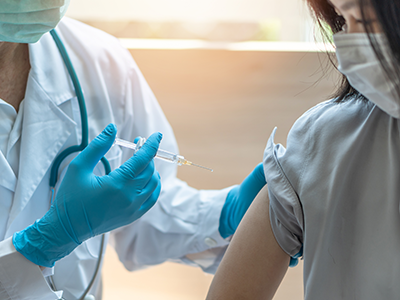 https://riseandshine.childrensnational.org/wp-content/uploads/2020/11/person-being-vaccinated-feature.png
300
400
Rise and Shine
https://riseandshine.childrensnational.org/wp-content/uploads/2017/11/childrens_riseandshine_logo.jpg
Rise and Shine2025-11-03 07:00:242025-11-03 12:18:05Answers to your questions about the COVID-19 vaccine and booster for children
https://riseandshine.childrensnational.org/wp-content/uploads/2020/11/person-being-vaccinated-feature.png
300
400
Rise and Shine
https://riseandshine.childrensnational.org/wp-content/uploads/2017/11/childrens_riseandshine_logo.jpg
Rise and Shine2025-11-03 07:00:242025-11-03 12:18:05Answers to your questions about the COVID-19 vaccine and booster for children




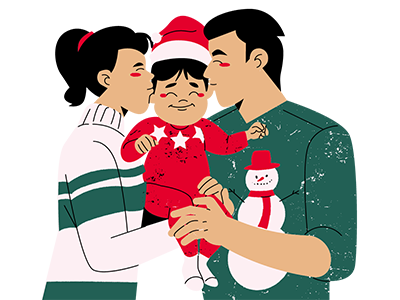
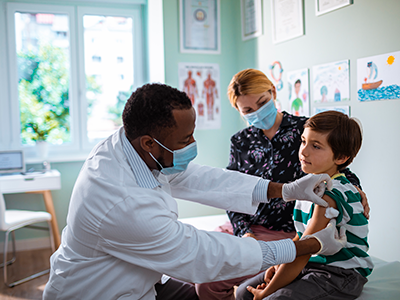
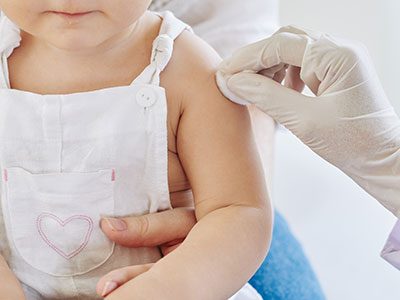
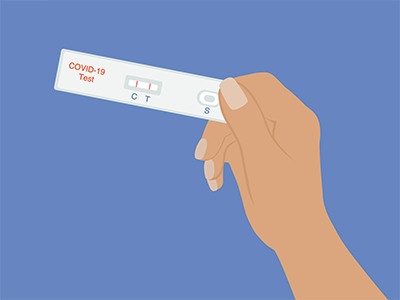
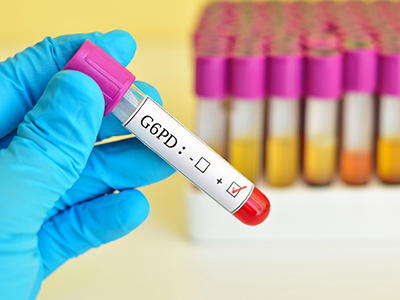
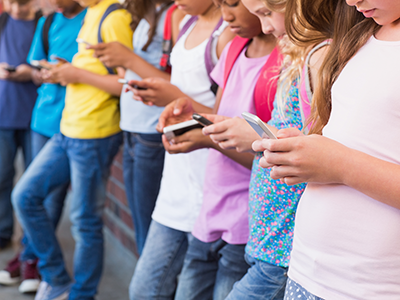
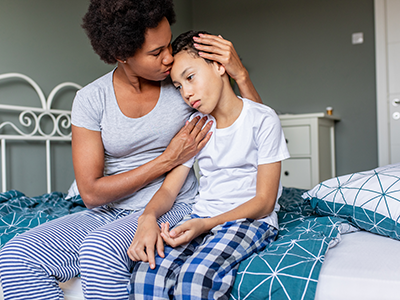
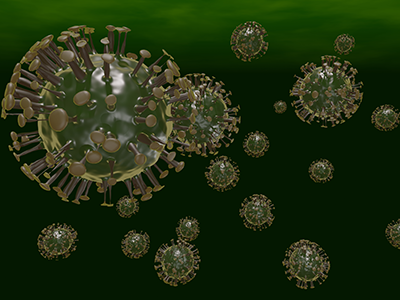

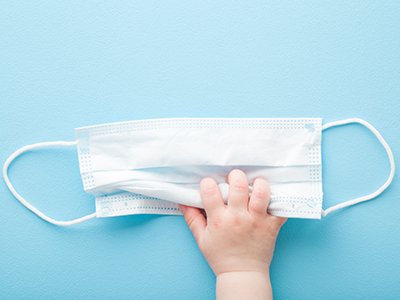
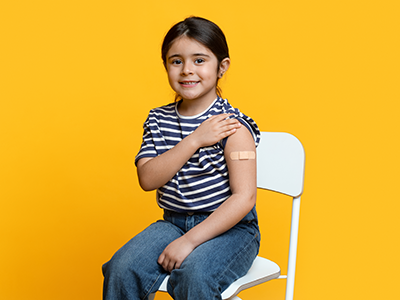
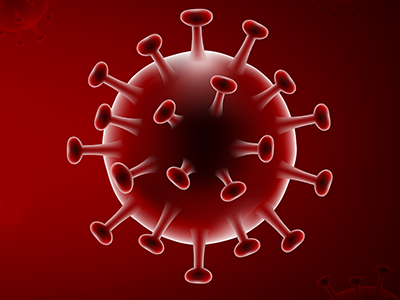

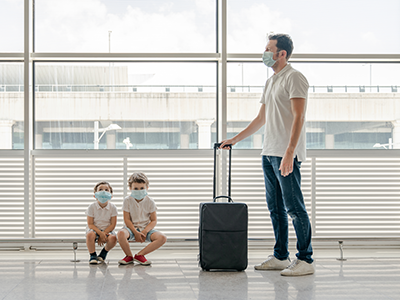
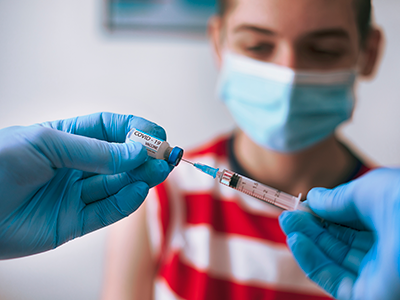
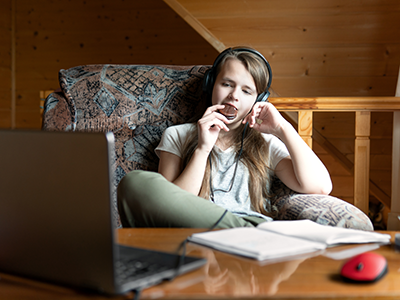
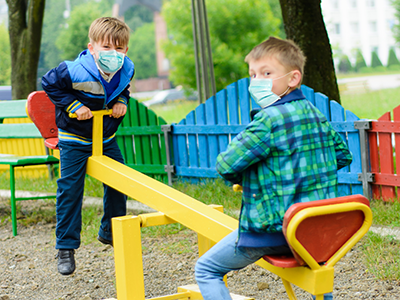
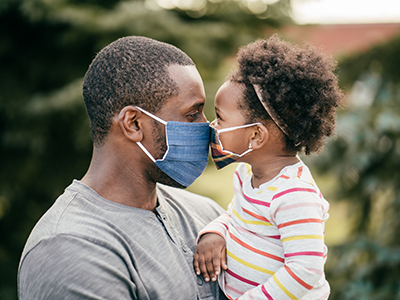
Leave a Comment
Want to join the discussion?Feel free to contribute!